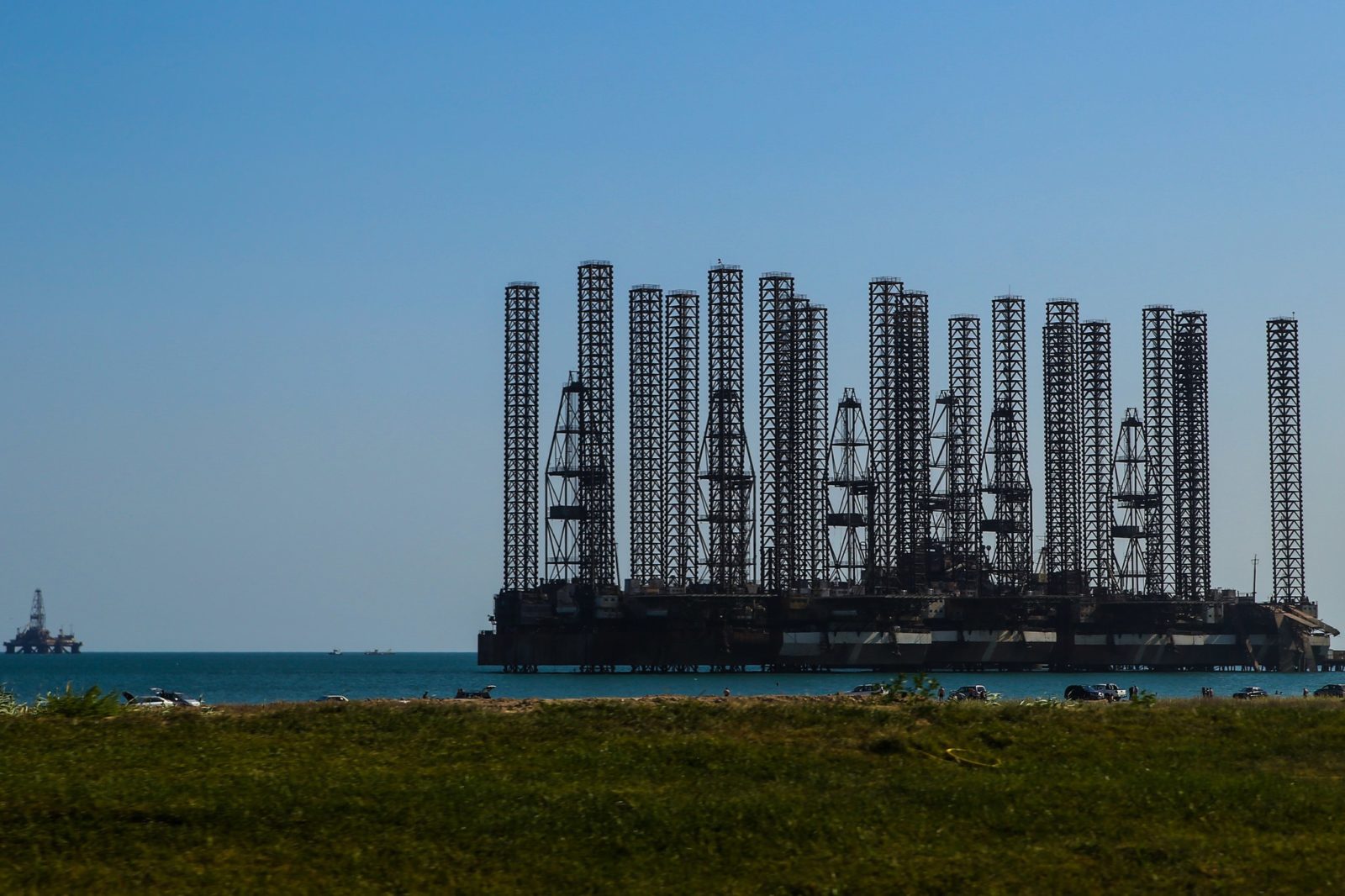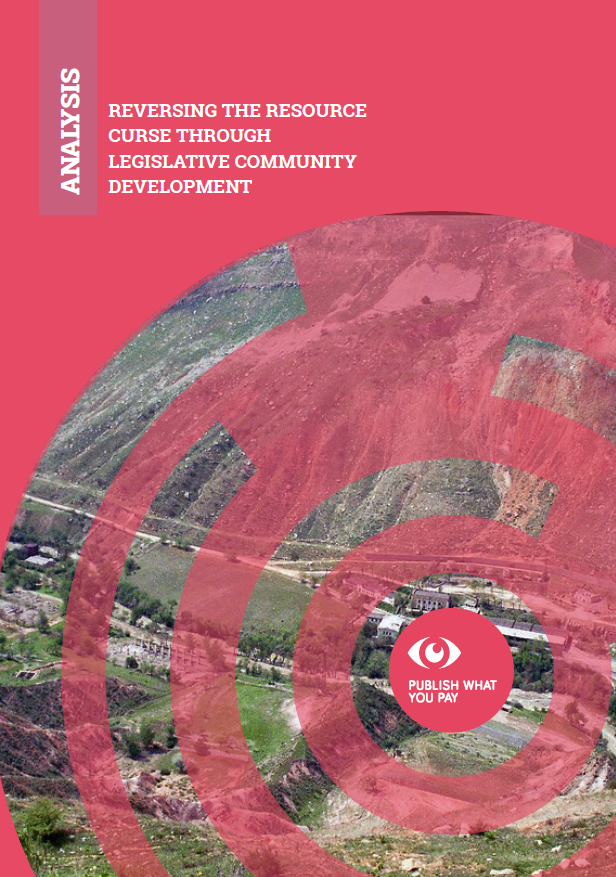Extractive Industries Transparency Initiative (EITI) passes credibility test by placing accountability squarely at the heart of the initiative
Blogs and News

Publish What You Pay (PWYP) welcomes the EITI Board’s decision this week in Bogota, Colombia, to confirm the implementation of its requirement on project-by-project reporting and its decision to suspend Azerbaijan for failing to demonstrate sufficient progress to protect civil society. With these two decisions, the EITI shows leadership on transparency and accountability in the extractives sector.
The EITI board has reaffirmed that project-level reporting is required in the EITI Standard and has set 2018 as the date by which project-level reporting will become mandatory. The EITI’s commitment to project-by-project reporting is an important step towards solidifying a global standard for payment reporting. Cielo Magno, Board member of the EITI, stated that “the Philippines are already disclosing project by project and will – as many other countries – continue to do so. This is an essential measure to ensure that local communities are able to hold governments and companies accountable for the revenues generated by extractive projects.” PWYP will work with its members around the world to help ensure swift implementation of this requirement in line with national laws and systems, as well as international norms.
At the same meeting, the EITI Board decided to suspend Azerbaijan for failing civil society. By suspending the country from the global initiative, the EITI Board upholds the principles enshrined in its Civil Society Protocol and the need to protect free, meaningful and effective civil society engagement on issues related to natural resource governance in Azerbaijan.
In October 2016, the EITI Board gave Azerbaijan a vote of confidence as it was encouraged by the country’s recent actions to comply with the EITI Standard. However, the EITI Board requested that the government of Azerbaijan address three specific pieces of legislation deemed to restrict freedom of association. In response, the government made a few amendments to reduce the administrative burden imposed on NGOs. But the EITI Board found that the repressive nature of the law remained unchanged, which prompted the decision to suspend the country until its next validation scheduled for July 2017.
Elisa Peter, Executive Director of PWYP, said “The EITI Board’s decision to suspend Azerbaijan provides an opportunity for the government to reform and embrace a meaningful multi-stakeholder dialogue, including civil society, on the country’s governance of the extractive sector”.
Publish What You Pay (PWYP) and other international bodies have repeatedly drawn attention to Azerbaijan’s shortcomings in protecting those who call out the country’s poor governance of its extractives sector. Protecting civic space is a cornerstone of the EITI. Our report ‘Against All Odds’, jointly produced with CIVICUS, has shed light of the growing backlash against activists around the world and the different types of threats they face.
The EITI needs to be part of the solution to this increasing threat to natural resource activists, if we are to truly reverse the resource curse. Working on the principle that governments, CSOs and companies all have a seat at the EITI table, the initiative has shown today that it honours its multi-stakeholder nature.










